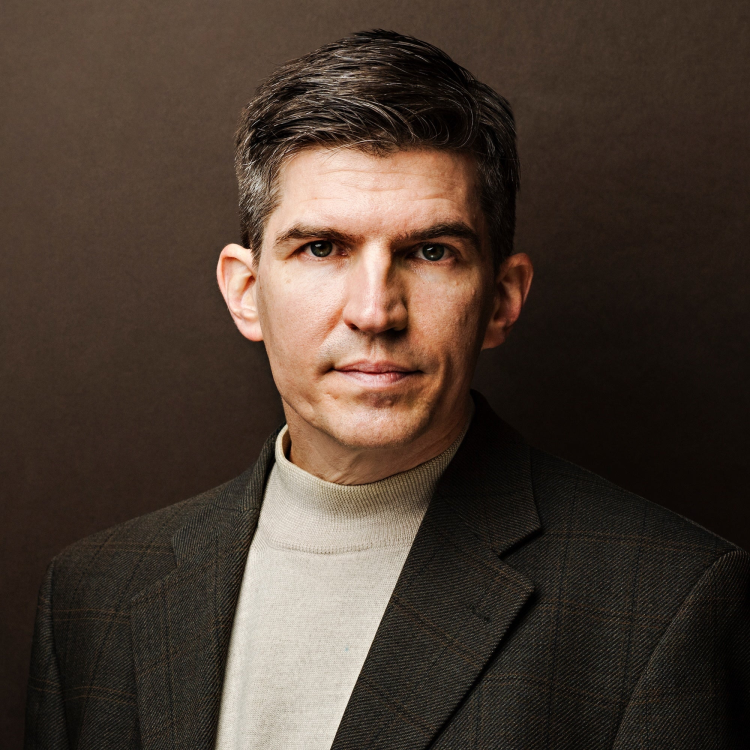Many climate predictions focus on physical models like wind speed, temperatures and geochemistry, but significantly overlook how human behaviour responds to environmental change. Mathematician Dr. Chris Bauch is addressing this gap in research and considering the social processes driving greenhouse gas emissions.
"Without the emissions, there's no climate change. If we understand behaviour, we can better predict how emissions will change over time," Bauch says. His research aims to develop mathematical models that view the Earth as a unified system where human actions and climate change are interconnected.

Dr. Chris Bauch, Professor, Applied Mathematics, Waterloo Climate Institute, Waterloo Institute for Complexity and Innovation
Understanding both sides of the relationship between human behaviour and climate change allows researchers to inform policymakers about effective climate actions. His interdisciplinary approach fosters collaboration with environmental scientists, ecologists and policymakers. Bauch stresses the need to involve decision-makers early in the research process, where as a team, they can bridge the gap between science and impactful policies.
"We aren't just harming the environment we're also reacting to it," Bauch says. "Our long-term goals are to add these types of models to the projections that are used by governments in their treaty negotiations, commitments and pledges to reduce greenhouse gasses. We think it's a very useful tool that's missing from the current toolbox."
In an age where climate change demands urgent action, Bauch's approach offers a promising pathway. He reinforces the idea that human responses need to be more systematic. He sees both building trust in science and fostering interactions with people of different opinions as vital to accelerate positive change and achieve stability goals.
Bauch also supports the adoption of technologies like solar panels and electric vehicles through subsidies, which can help establish these practices as societal norms, promoting climate-friendly behaviours and integrating them into everyday life.
The mathematical biologist continues to advocate for incorporating human behaviour into climate models to help society prepare for and respond to future challenges more effectively.













